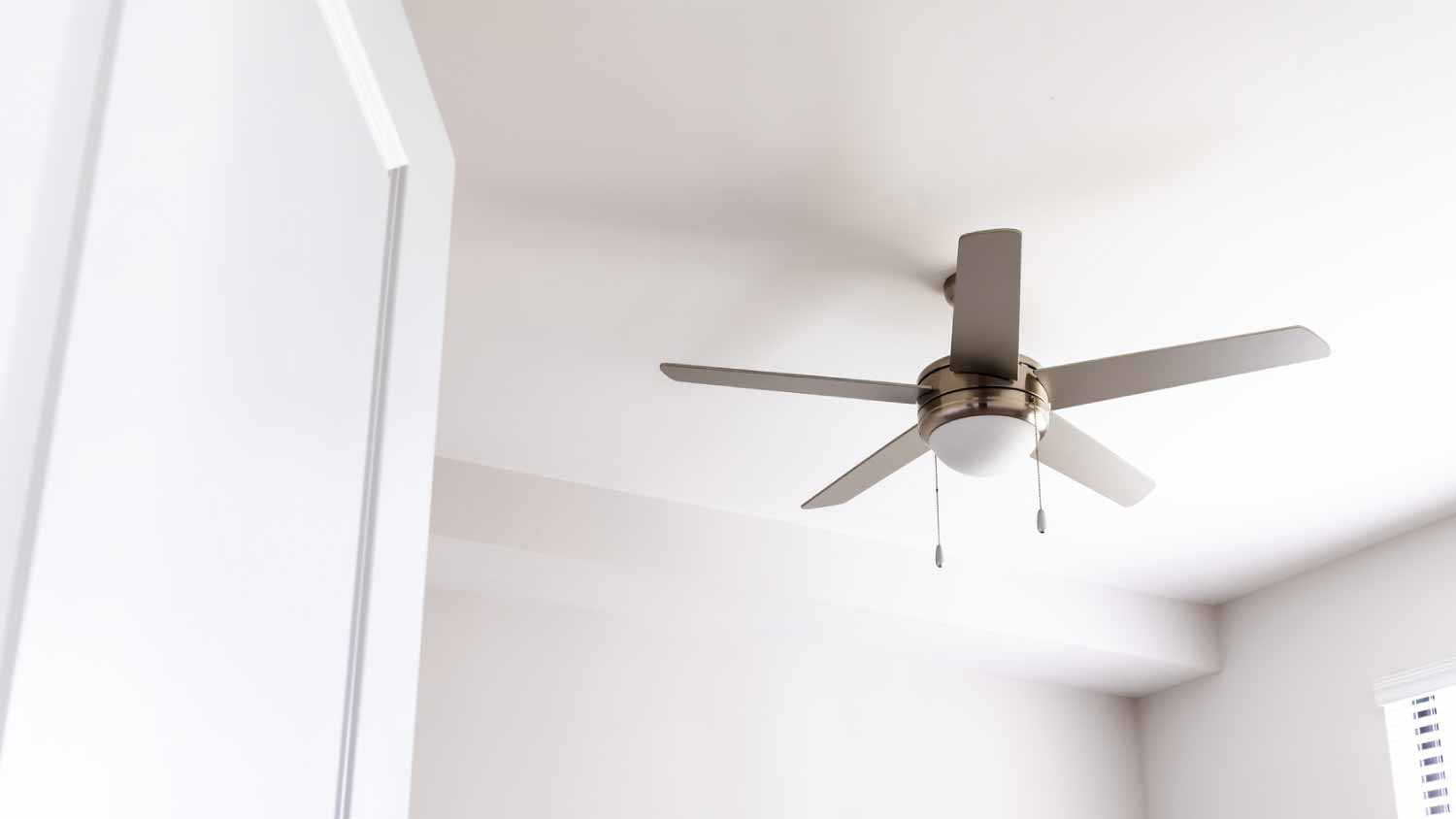Why Soil and Other Factors Impact Your Geothermal Heat Pump Efficiency
Energy savings abound (when the conditions are right)


A geothermal heat pump installation costs between $3,650 and $17,000 or $10,320 on average.
GHP systems typically last 20 to 25 years.
Geothermal heat systems are an option for nearly any type of climate.
You’ll need to evaluate the soil, land temps, and more before installing a geothermal pump.
Most homes use traditional HVAC systems with separate furnaces and air conditioning units. But some lucky homeowners have a second heating and cooling option that’s both energy-efficient and sustainable. By pulling heat from the ground, geothermal heat pumps offer a renewable, budget-friendly energy source that may be worth your consideration—if your home’s conditions are right for one.
What is a Geothermal Heat Pump?
Also known as a ground source heat pump, geothermal heat pumps work by extracting heat from the ground beneath a house. Installing one of these systems means that your home doesn’t need to rely on heat from natural gas or electricity. This is more energy-efficient and leads to substantial savings on energy bills.
A geothermal heat pump installation costs between $3,650 and $17,000. Several factors influence the final prices, including the size of the system, excavation, pipe looping, and ductwork.
How Does a Geothermal Heat Pump Work?
Geothermal heat pumps are made up of several parts, including a looping system made up of pipes that connect to your home. The process breaks down like this:
Pipes filled with fluid (known as “loops”) absorb heat from the ground and carry it into a heat exchanger.
The fluid is then compressed to a higher temperature and circulated into your home as warm air.
Once the fluid is done warming a home, it travels back through the ground loop to be heated again.
What Factors Affect Geothermal Efficiency?
While geothermal heat pumps are an option for nearly every type of climate, the soil condition can affect efficiency. Although you can install GHP’s almost anywhere, soil containing more moisture is best for higher, faster heat transfer.
Before installing a geothermal heat pump, a local HVAC professional will assess the land around your house and evaluate a few factors.
Moisture
The moisture content of the soil can affect the soil’s ability to store and transfer heat. In general, drier soil has a lower heat transfer capacity, whereas moist soil has a higher heat transfer rate.
Temperature
Temperature variations under the ground also affect soil conditions. If the temperature variation is great (common in shallow, horizontal looping systems), heat transfer decreases, whereas more consistent temperatures commonly found in deep, vertical looping systems offer better heat transfer viability.
Rocks
Rocky land can greatly decrease the viability of a geothermal heat pump for your home. For example, if you live near a mountain range, the soil may be too rocky and prevent the possibility of drilling for looping pipes.
Soil Type
The type of soil below your home also contributes to efficiency. When the thermal transfer of soil is high, your contractor can install a system that uses fewer looping pipes buried at a more shallow depth.
But if the thermal transfer is lower, you’ll need to digger lower to bury the looping pipes deep enough to create a new configuration.
Get a Soil Evaluation to Determine Geothermal Efficiency

According to HomeAdvisor, professional soil testing costs around $1,300 on average. This testing helps determine whether the soil beneath your home is appropriate for a geothermal heat pump, as well as the installation materials needed.
For example, extremely dry soil may need additional irrigation or a vertical looping system to moisten the soil for better heat transfer.





- Furnace Repair
- Air Conditioning Repair
- HVAC Repairs
- Furnace Installation
- Wood & Pellet Stove Repair
- Dehumidifier & Humidifier Repair
- Heat Pump Companies
- Swamp Cooler Repair
- Wood Stove Services
- HVAC Companies
- Commercial A/C Repair
- Geothermal Installation
- Air Conditioning Installation
- Boiler Repair
- 24 Hour Furnace Repair
- Geothermal Repair
- Heat Pump Repair
- Humidifier Installation
- Thermostat Repair
- Thermostat Installation
- Nest Installation
- Heating & Cooling
- Heating Repair
- Furnace Cleaning
- Furnace Tune-Up
- HVAC Technicians
- Subcontractors
- Furnace Maintenance
- Plumbing & Heating Companies
- Wood Stove Inspection
- Mini Split Installation
- Wall Heater Repair
- Duct Installers









